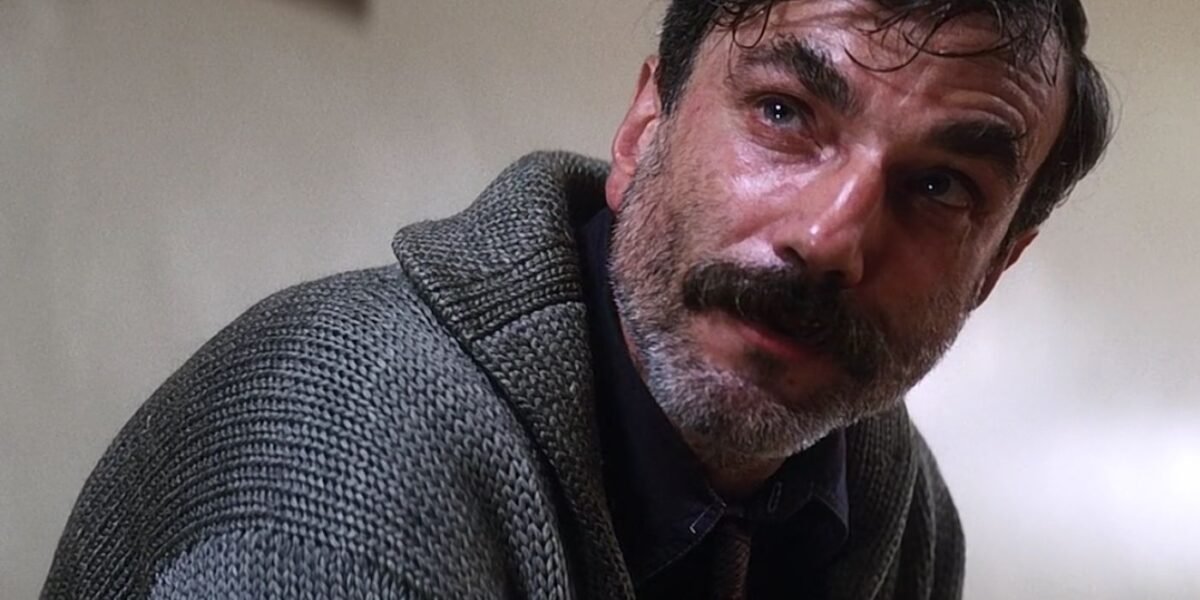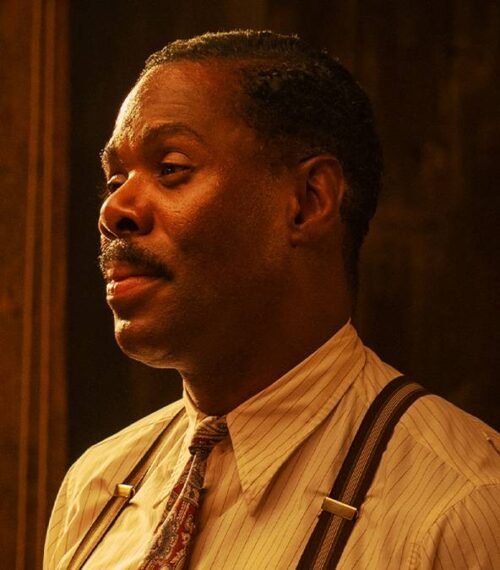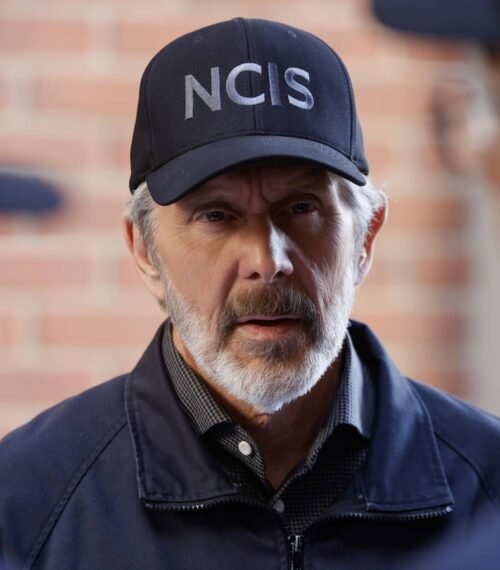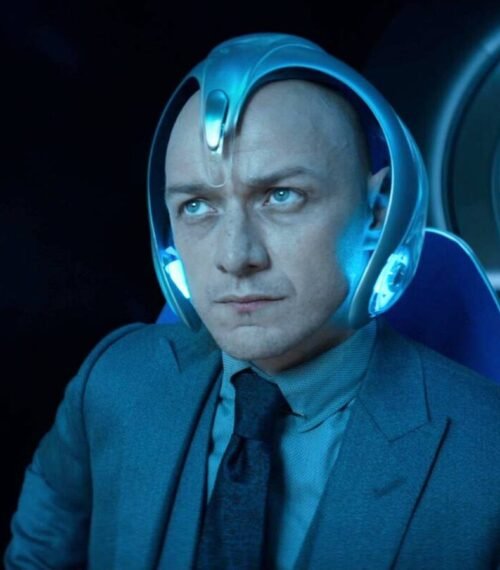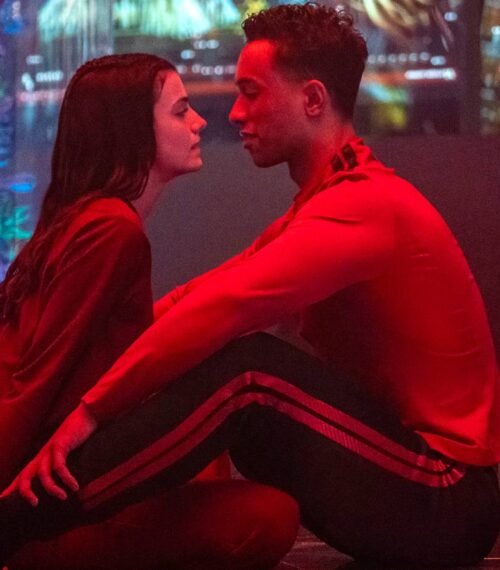The last five minutes of a film are sacred. This crucial period is when everything lands: emotions, themes, questions, and regrets. Indeed, some endings are so powerful that they leave you crying; others make your jaw drop, and a few stick with you for a lifetime. These are the endings that echo forever, sometimes even surpassing the overall film's legacy.
A true catalog of every masterful movie ending would span hundreds of pages, but this list looks at a few of the absolute greatest final five minutes in cinema. The ten movies here deliver a killer conclusion and then some. They twist the story one final time, crystallize their meaning, or leave you suspended in cinematic purgatory, becoming true icons of the medium.
10 ‘The Mist’ (2007)
Directed by Frank Darabont
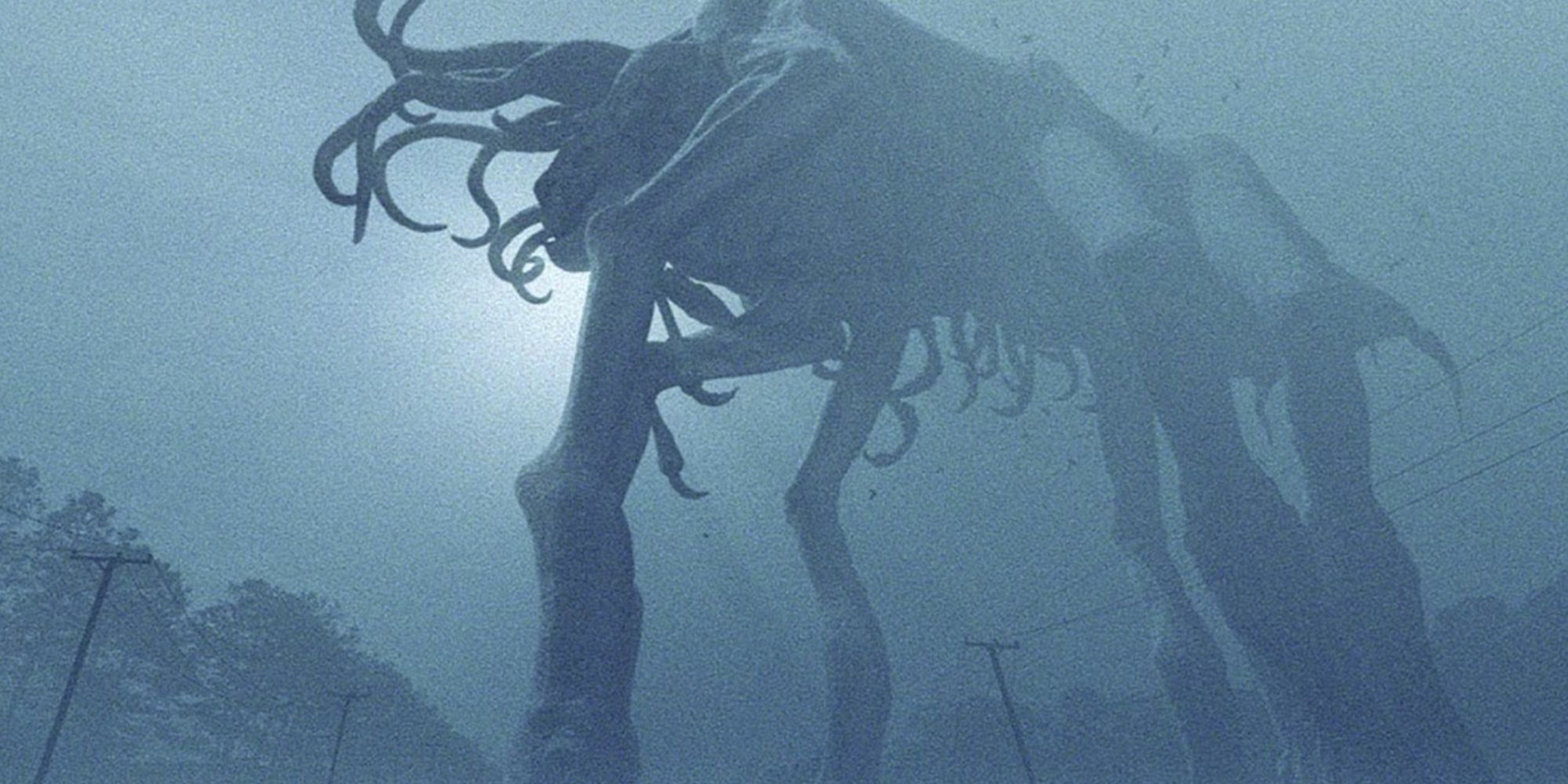
"As a species, we're fundamentally insane." The final five minutes of The Mist crush your soul. After surviving a siege by eldritch creatures, David Drayton (Thomas Jane) and four others, including his young son (Nathan Gamble), make a last-ditch escape into the fog. But when the car runs out of fuel and no help arrives, David takes what he believes is a merciful step: he shoots everyone, sparing them from a worse fate.
He steps into the mist, ready to die, and then the military rolls in; rescue had been just moments away. David's face crumbles with the realization that he made the wrong choice and now has to live with it. The final minutes are nearly silent, but they ring louder than gunfire. They're even grimmer than they are in Stephen King's original novella, which is saying something. The Mist has one of the most devastating endings in modern cinema, precisely because no monster is as cruel as misplaced hope or misplaced resignation.
9 ‘Call Me by Your Name’ (2017)
Directed by Luca Guadagnino
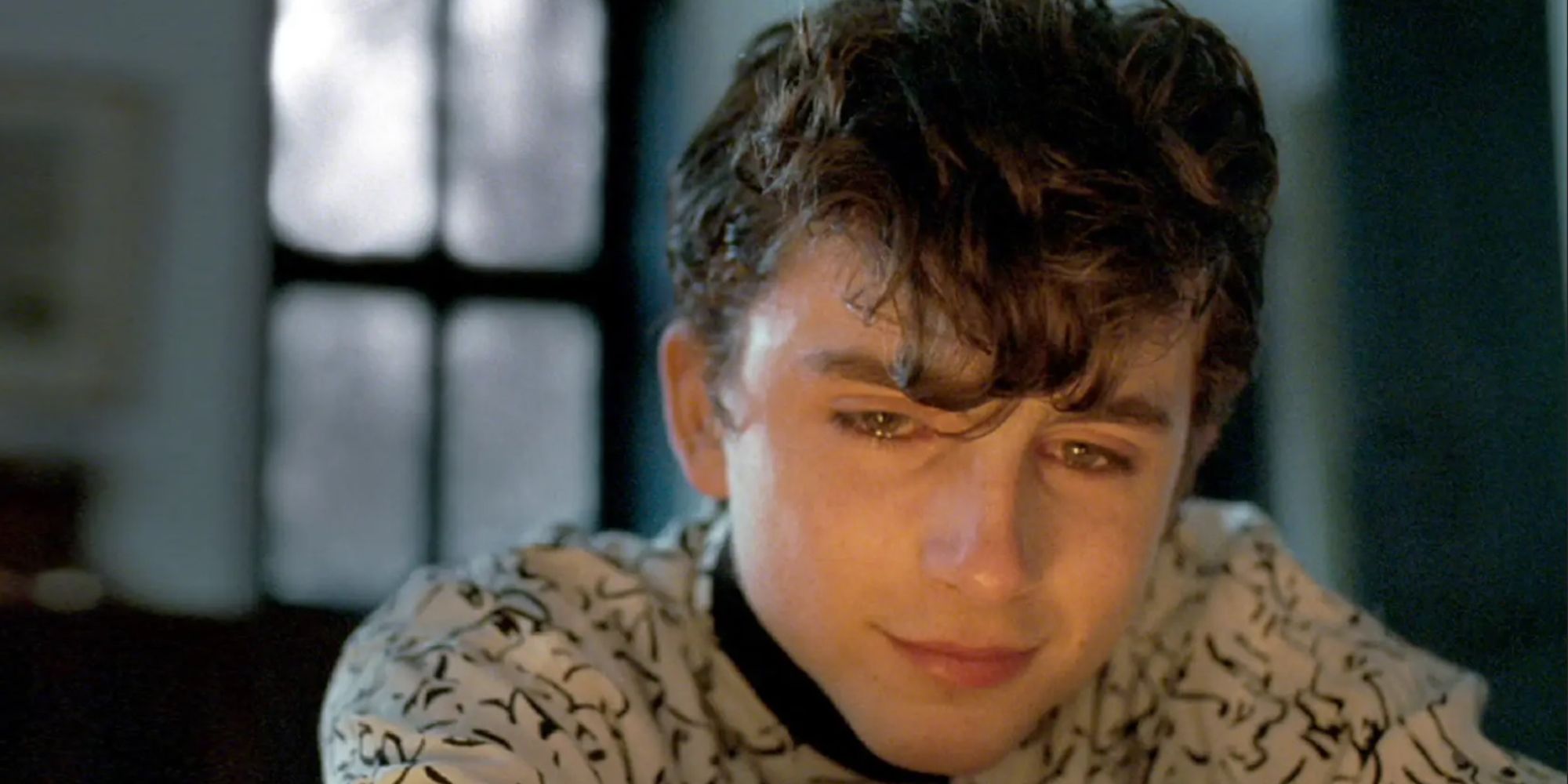
"We rip out so much of ourselves to be cured of things faster that we go bankrupt by the age of thirty…" Call Me by Your Name ends not with a look but with a single, flickering shot of Elio (Timothée Chalamet) staring into the fire, quietly crumbling. After Oliver (Armie Hammer) calls with news of his engagement, Elio sits in solitude, his face reflecting grief, warmth, and the impossible intimacy of a first love lost.
Everything leading up to this moment — the sunlit Italian romance, the dancing, the confessions — dissolves into that fireplace. Guadagnino holds the frame expertly. Then come the tears, quiet but unsparing, the internal ache of youth changed forever. The fireplace becomes a metaphor for love itself: something beautiful, warm, and capable of burning you to ash. These last five minutes say everything about how much it hurts to feel deeply and how necessary it is to let yourself do it anyway.
8 ‘The Graduate’ (1967)
Directed by Mike Nichols
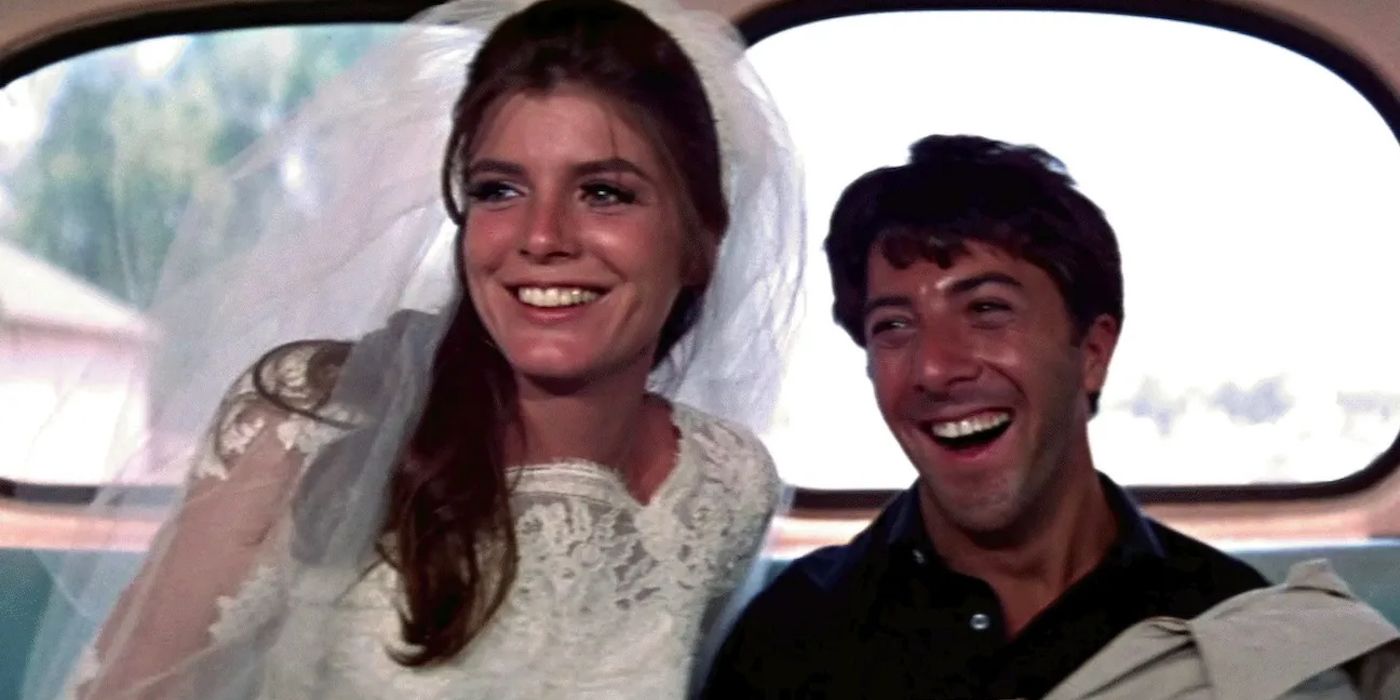
"I've had this feeling ever since I've graduated…" In the third act of The Graduate, Benjamin (Dustin Hoffman) crashes Elaine's (Katharine Ross) wedding in a flurry of desperation and rebellion, screaming her name from the church balcony like a deranged Romeo. She runs to him, and they flee onto a passing bus, panting and laughing. But then it hits; the adrenaline fades, and reality sets in. They sit in silence, their expressions slowly draining of joy. What felt like triumph now feels like doubt.
Did they do the right thing? What now? Mike Nichols doesn't tell us, he just leaves the camera rolling, and we watch as the weight of their actions sinks in. Both performers play it perfectly, their expressions conveying so much so subtly. It's an honest ending, speaking to the messy complexity of real relationships. Hopeful, fearful, unfinished, it's a freeze-frame of young adulthood, and it's never stopped resonating.
7 ‘Before Sunset’ (2004)
Directed by Richard Linklater
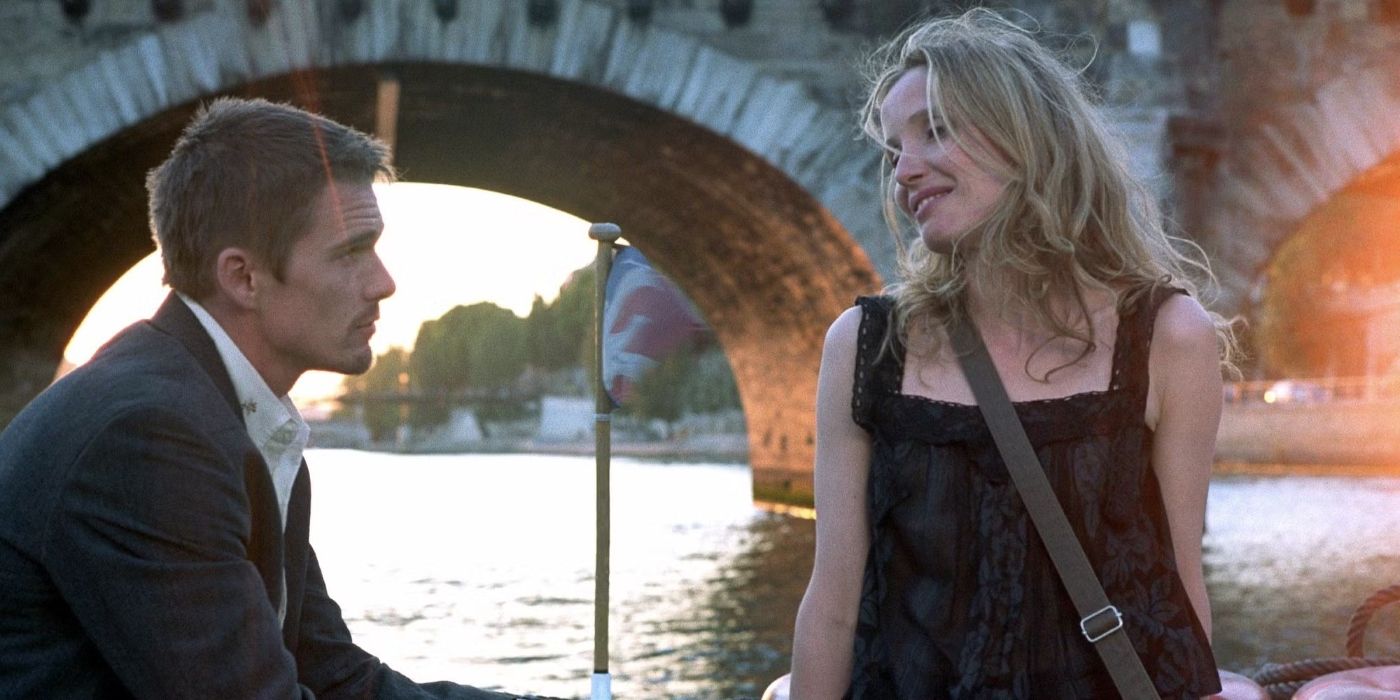
"Baby, you are gonna miss that plane." There's an almost magical softness to the way Before Sunset ends, two people quietly circling the edge of something permanent. Jesse (Ethan Hawke) lingers in Paris with Celine (Julie Delpy). As they walk and talk, years of repression dissolve into flirtation, regret, and longing. They reach her apartment, she plays Nina Simone and dances; she smiles. "Baby," she says, with a coyness that hides her aching hope. Jesse leans back and grins. He's going to miss his flight. Fade to black.
It's a moment suspended between choice and consequence. These last five minutes carry the weight of the whole trilogy: how life slips by, how love can return when you least expect it, and how sometimes the bravest thing is to stay a little longer. You don't need a kiss; that smile is everything. Just one of many reasons why this is one of the greatest trilogies in all of cinema.
6 ‘The Third Man’ (1949)
Directed by Carol Reed
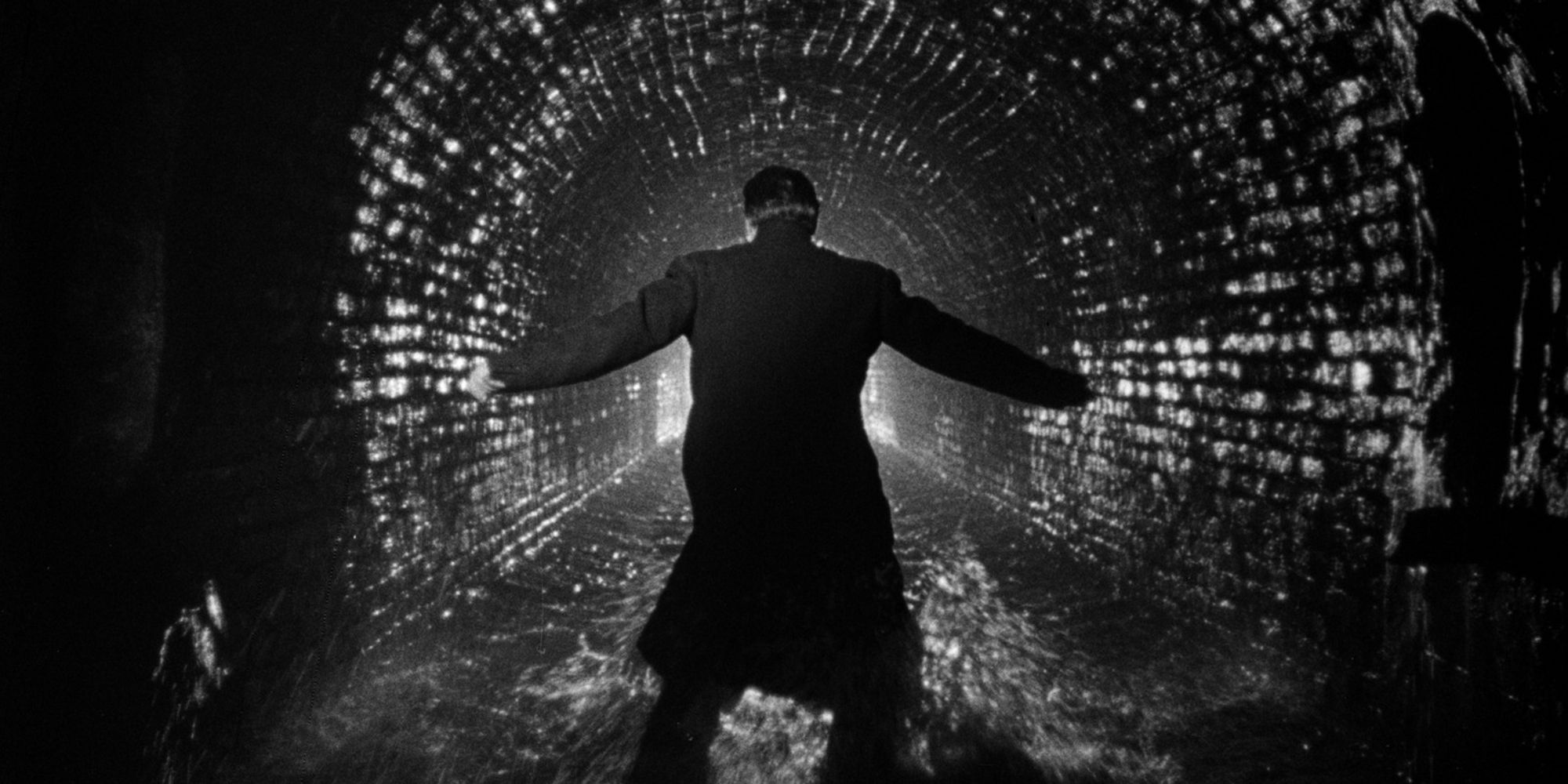
"Death's at the bottom of everything, Martins. Leave death to the professionals." There may be no better final shot in noir history than Anna (Alida Valli) walking past Holly (Joseph Cotten) in complete silence. After all the chases, betrayals, and revelations, after Holly kills Harry Lime (Orson Welles), his oldest friend, in the sewers of Vienna, he waits for Anna by a tree-lined road, desperate for some flicker of forgiveness, but Anna doesn't flinch. She just walks by, blank-faced, her heels crunching on the gravel. No pause. No glance. No words.
Director Carol Reed lets the moment breathe, holding the frame until it burns itself into your memory. It's the coldest and most truthful ending the film could give. Love has no place in this war-scarred world, and heroism offers no consolation. In a genre where fatalism is the rule, The Third Man's ending is the perfect statement. It breaks your heart without resorting to gunshots or shocking twists. Sometimes, all it takes is silence.
5 ‘Chinatown’ (1974)
Directed by Roman Polanski
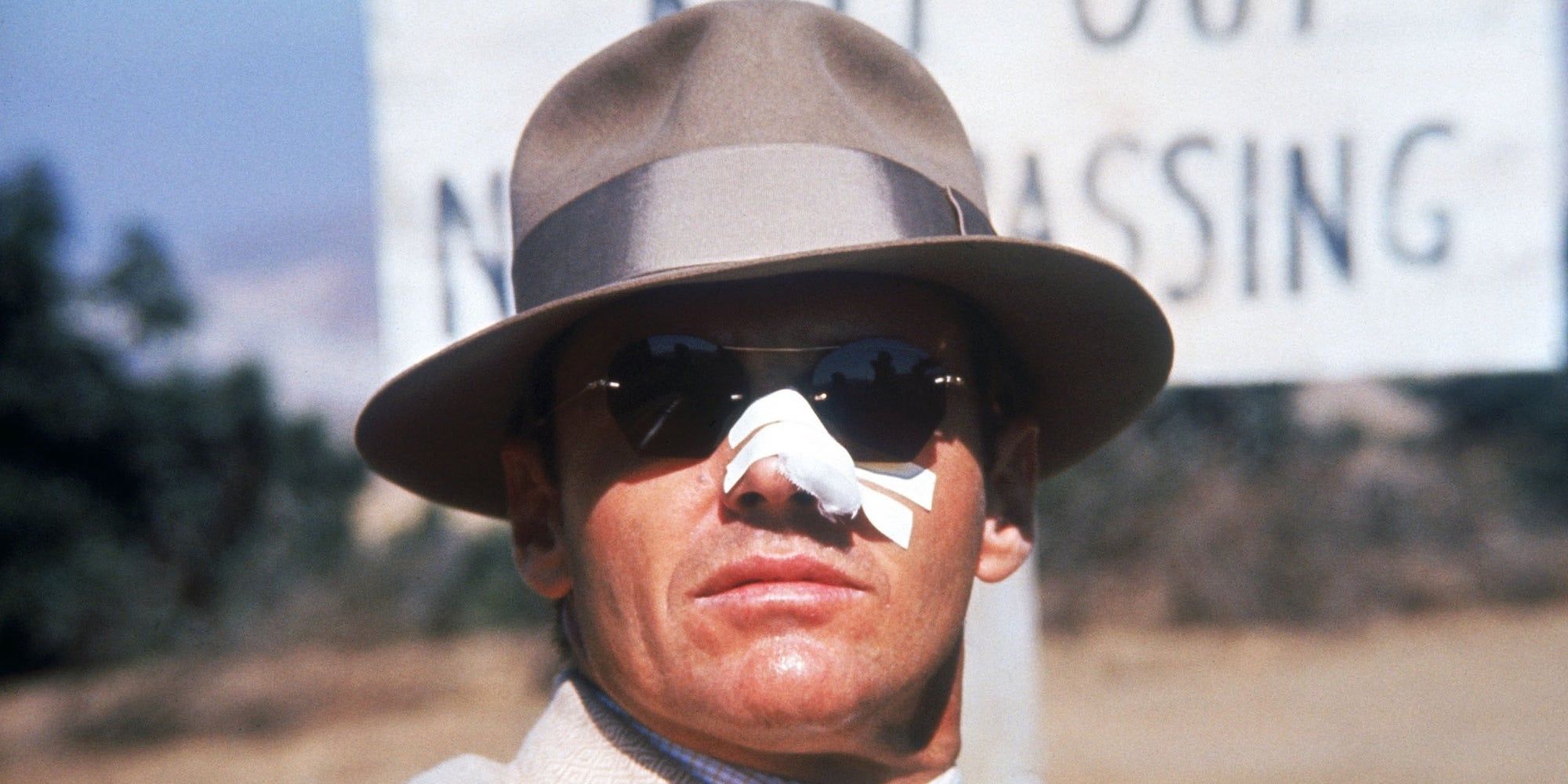
"She's my sister and my daughter!" Rather than simply ending, Chinatown collapses, as if the moral weight of its story is too much for the screen to hold. Jake Gittes (Jack Nicholson) thinks he can outsmart the corruption. He believes he can save Evelyn Mulwray (Faye Dunaway); he's wrong. In the final minutes, chaos erupts on the street. A gunshot rings out. Evelyn slumps forward in her car, dead, her daughter screams, and Noah Cross (John Huston) takes the child. The police stand by, helpless or complicit. And Jake? He's shoved away as someone mutters the immortal line: "Forget it, Jake. It's Chinatown."
That one sentence says everything. The rules of this place are older and crueler than you can fix. Justice doesn't live here, and power always wins. Perhaps more than any other movie from the 1970s, Chinatown leaves you with the taste of defeat. The final minutes are pure, unflinching tragedy, and their darkness lingers long after the credits roll.
4 ‘There Will Be Blood’ (2007)
Directed by Paul Thomas Anderson
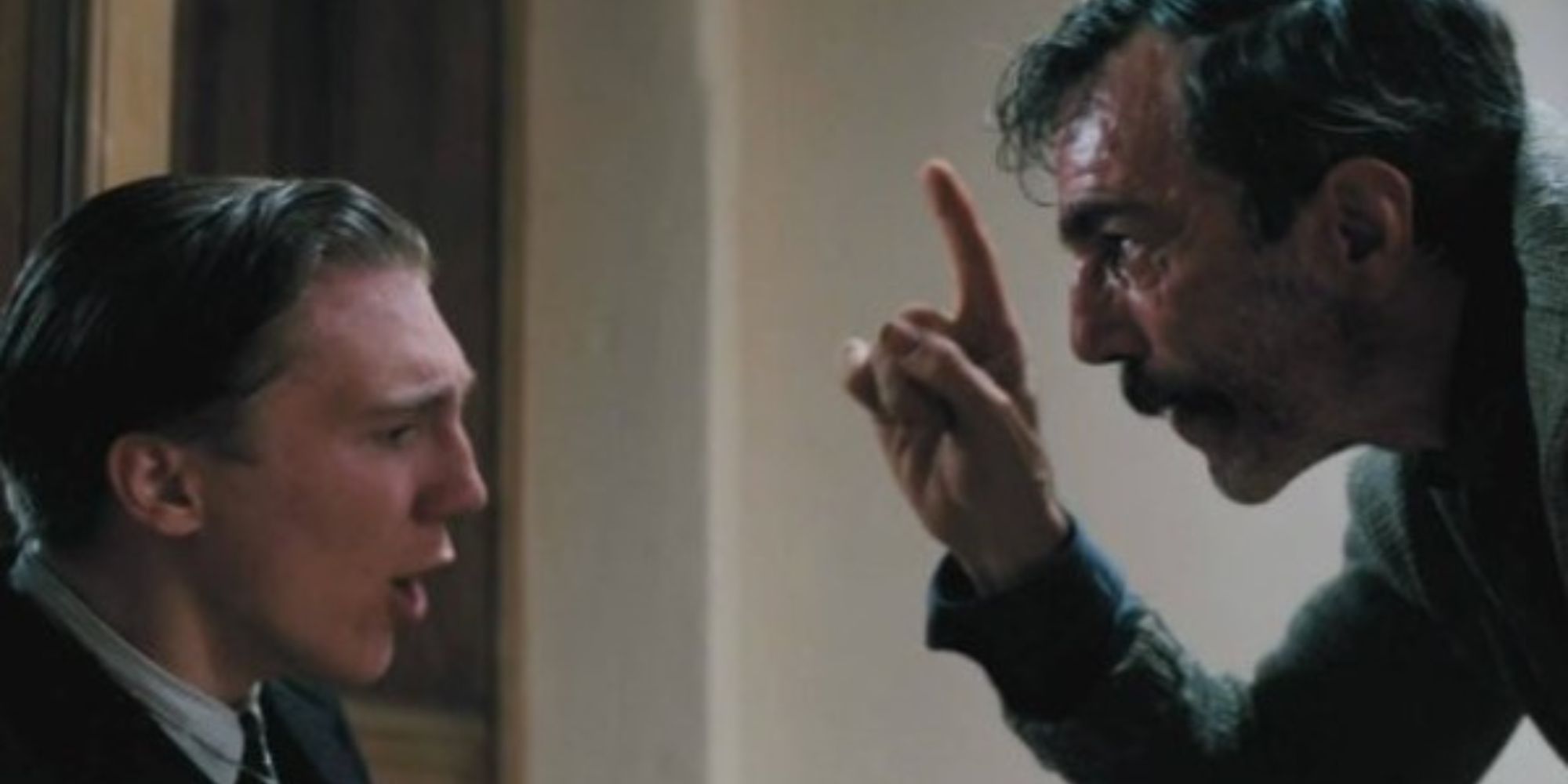
"I'm finished." The ending of There Will Be Blood is pure, controlled madness. Daniel Plainview (Daniel Day-Lewis), now a wealthy and broken recluse, is confronted in his private bowling alley by Eli Sunday (Paul Dano), the preacher who once humiliated him. What follows is a venomous monologue about power, religion, and betrayal. Daniel mocks Eli, exposes him as a fraud, and then, with a bowling pin, beats him to death.
Eli collapses on the floor, blood splattered and spent, and Daniel utters those final, chilling words. This scene is a vision of a man who has destroyed everything and everyone around him, including himself. The five-minute climax is Shakespearean in its descent, a portrait of megalomania and spiritual rot. You watch it with a grim kind of awe, sickened and mesmerized by a man who has won everything and become nothing. Daniel becomes a stand-in for an entire society.
3 ‘Se7en’ (1995)
Directed by David Fincher
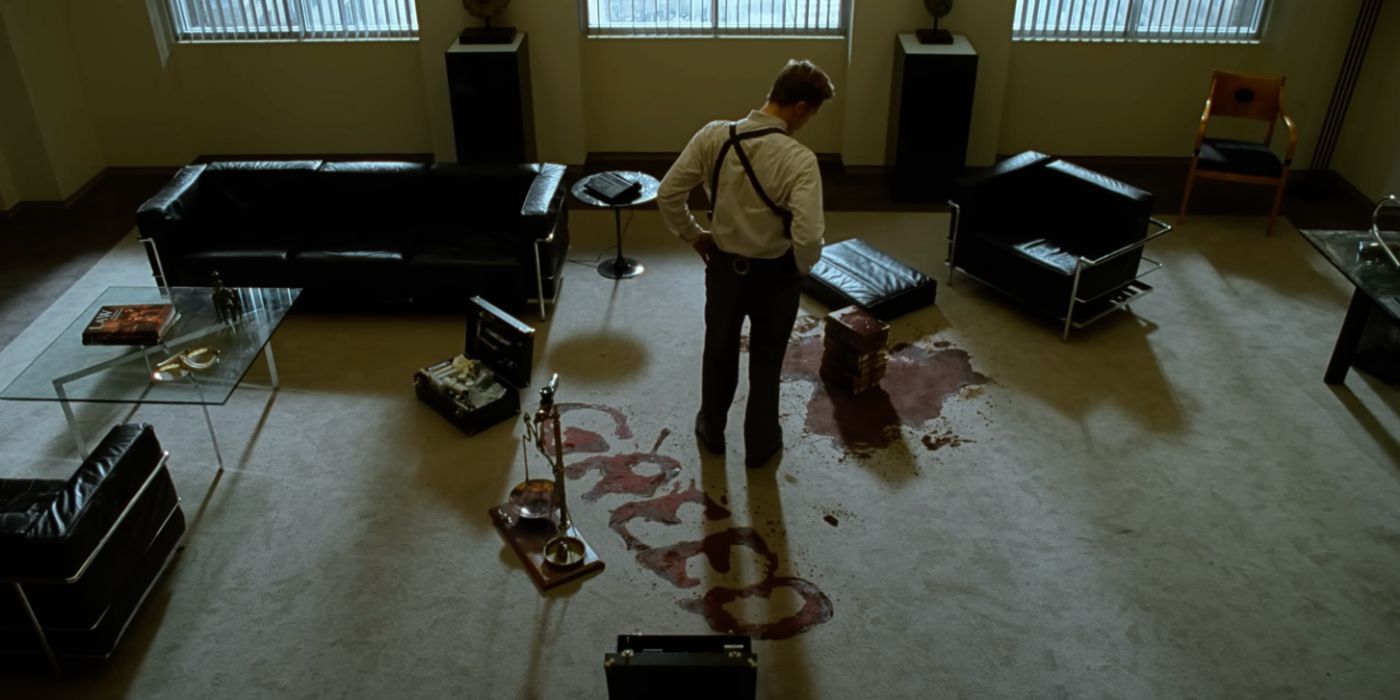
"What's in the box?" You can't talk about iconic final scenes without Se7en. The moment is seared into cinematic memory: a desolate field, a cardboard box, and a killer who's always ten moves ahead. John Doe (Kevin Spacey) turns himself in, but not without a final play. When the box is delivered, Detective Mills (Brad Pitt) unravels. Inside is his wife's severed head, sent as the embodiment of "Envy," Doe's sixth sin. Mills, in turn, becomes "Wrath," completing Doe's twisted sermon.
As Somerset (Morgan Freeman) pleads with him to hold back, Mills pulls the trigger. Doe's plan succeeds; the villain wins. In the process, David Fincher turns a detective thriller into a parable about the fragility of goodness in a world that's already gone to hell. Then Somerset's closing voice-over hammers everything home. These final five minutes are so intense, so harrowing, they leave a moral bruise.
2 ‘Whiplash’ (2014)
Directed by Damien Chazelle
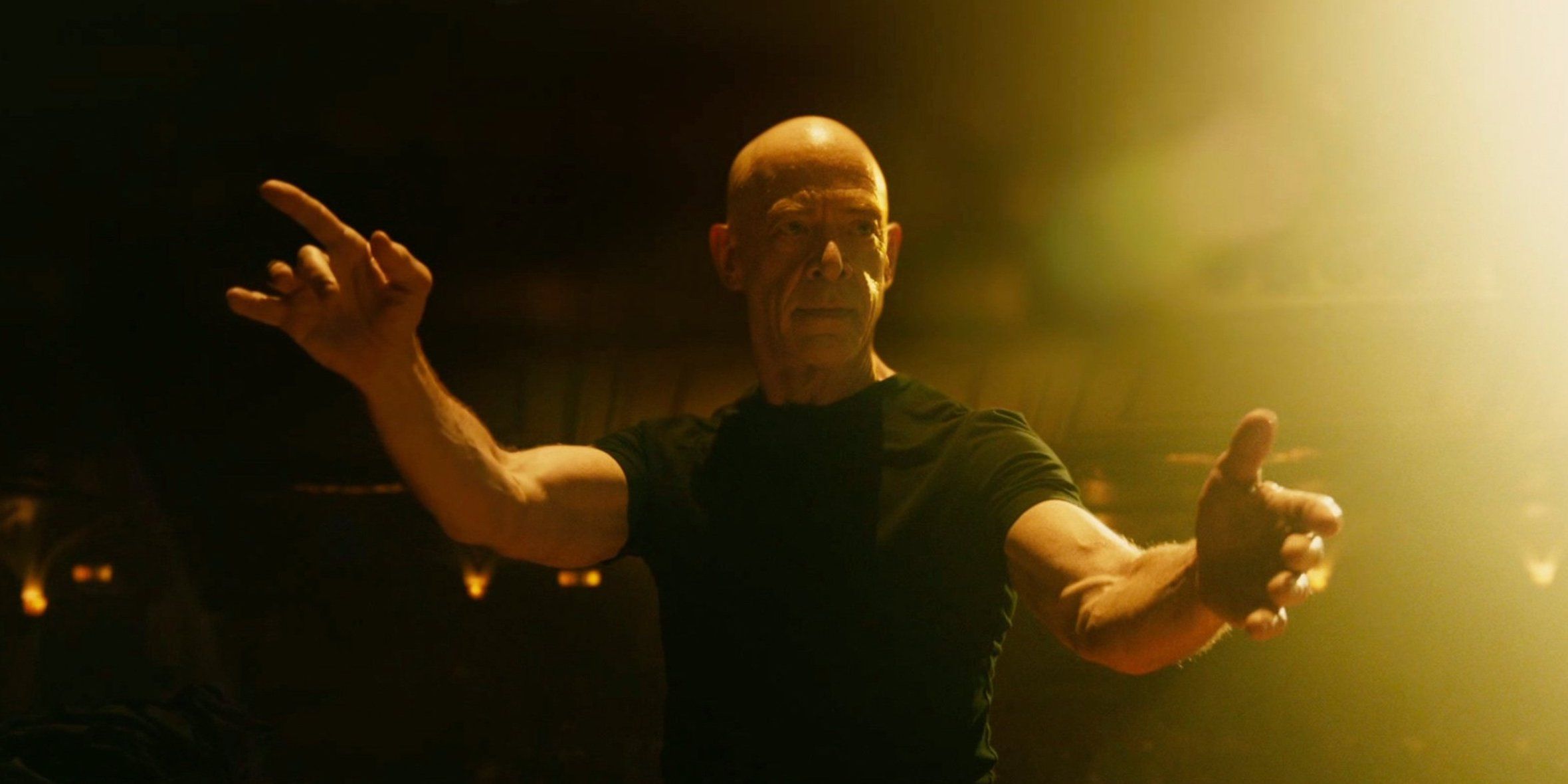
"Not quite my tempo." Whiplash ends with a cymbal crash. In the final five minutes, Andrew Neiman (Miles Teller) finally stops trying to please Terence Fletcher (J.K. Simmons) and plays on his own terms, launching into an explosive solo that takes over the room. Fletcher, stunned, adapts, conducting with wide, ecstatic eyes. It becomes a musical duel, mentor and student battling and bonding through rhythm. The camera whirls as the drumming intensifies. Then, a look passes between them: a nod, approval, maybe even love. And blackout.
It's a snapshot of two artists in violent harmony. It's more interesting than a traditional "win," something beyond praise or punishment. That ending drum solo says everything the film's dialogue couldn't. Whiplash is a movie about obsession, pain, recognition, and the terrifying beauty of ambition. When it ends, your heart is racing. It takes a moment to breathe again. What a banger.
1 ‘Casablanca’ (1942)
Directed by Michael Curtiz
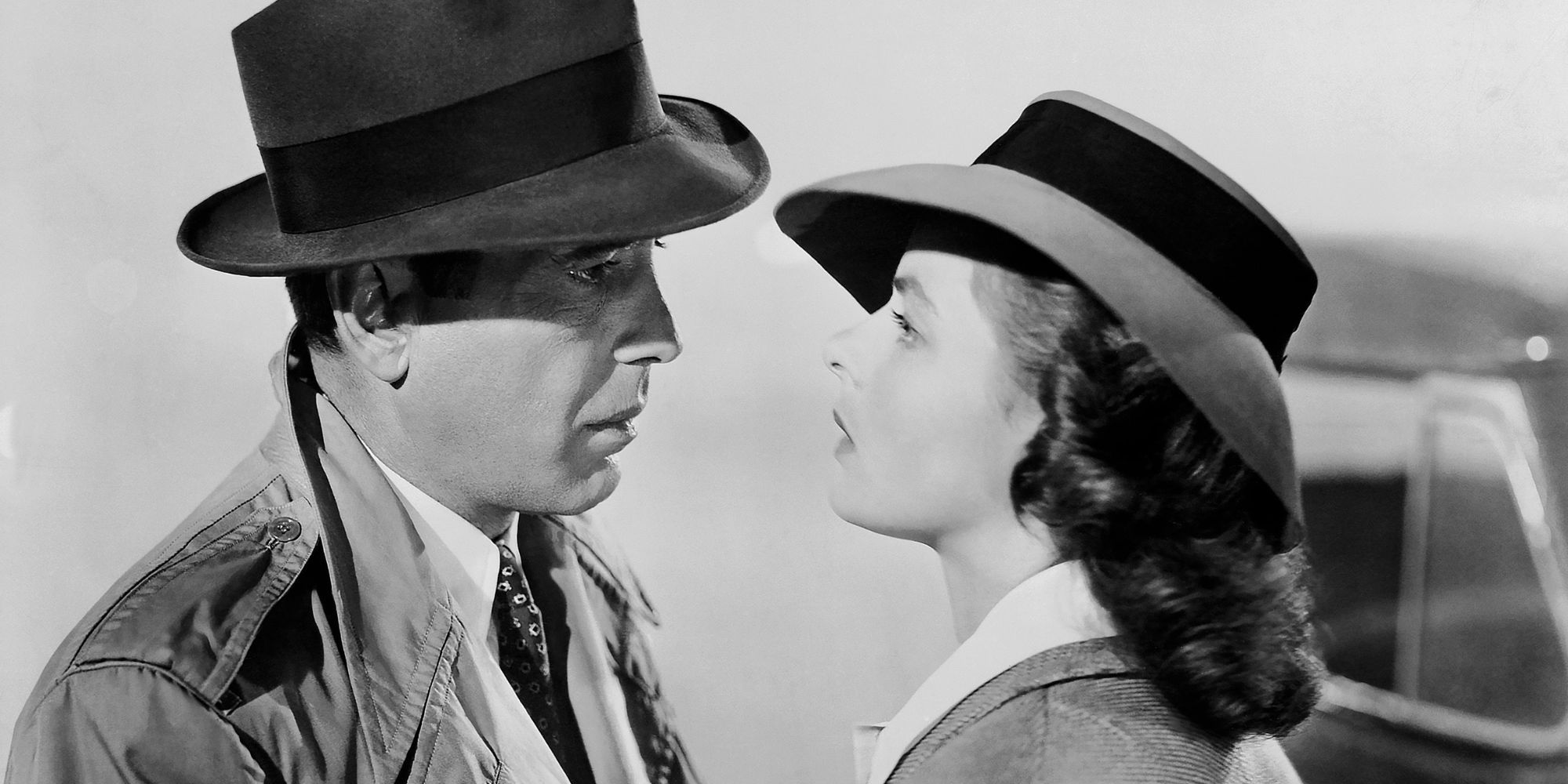
"We'll always have Paris." The last five minutes of Casablanca are cinematic perfection, not because of what happens, but because of what doesn't. Rick (Humphrey Bogart) watches the woman (Ingrid Bergman) he loves board a plane with another man. He's orchestrated it, of course, sacrificing his happiness for a greater good. The fog swirls, the music swells, and we see the moment Ilsa realizes what Rick has done, why he can't come with her, why he's letting her go. The pain is written in her silence; it's a goodbye that contains a lifetime.
And then, in one of the smoothest pivots in film history, Rick turns to Captain Renault (Claude Rains) and declares the beginning of a new friendship. Melancholy becomes nobility, romance becomes legend. These final minutes are why Casablanca is eternal: It ends not with heartbreak, but with meaning, one of many elements that make this movie a classic.
NEXT: These 10 Movies Have the Best First 5 Minutes in Cinematic History

